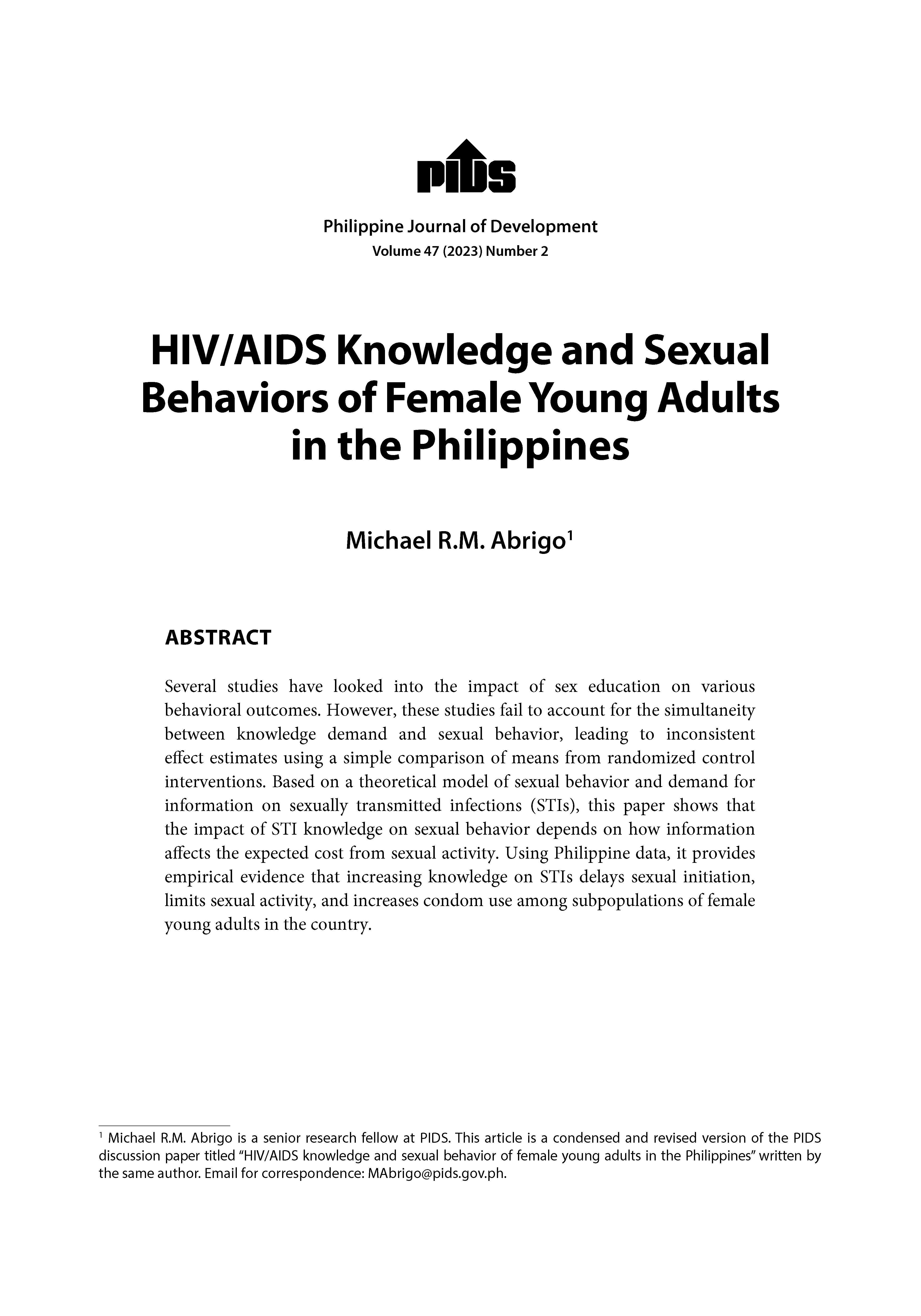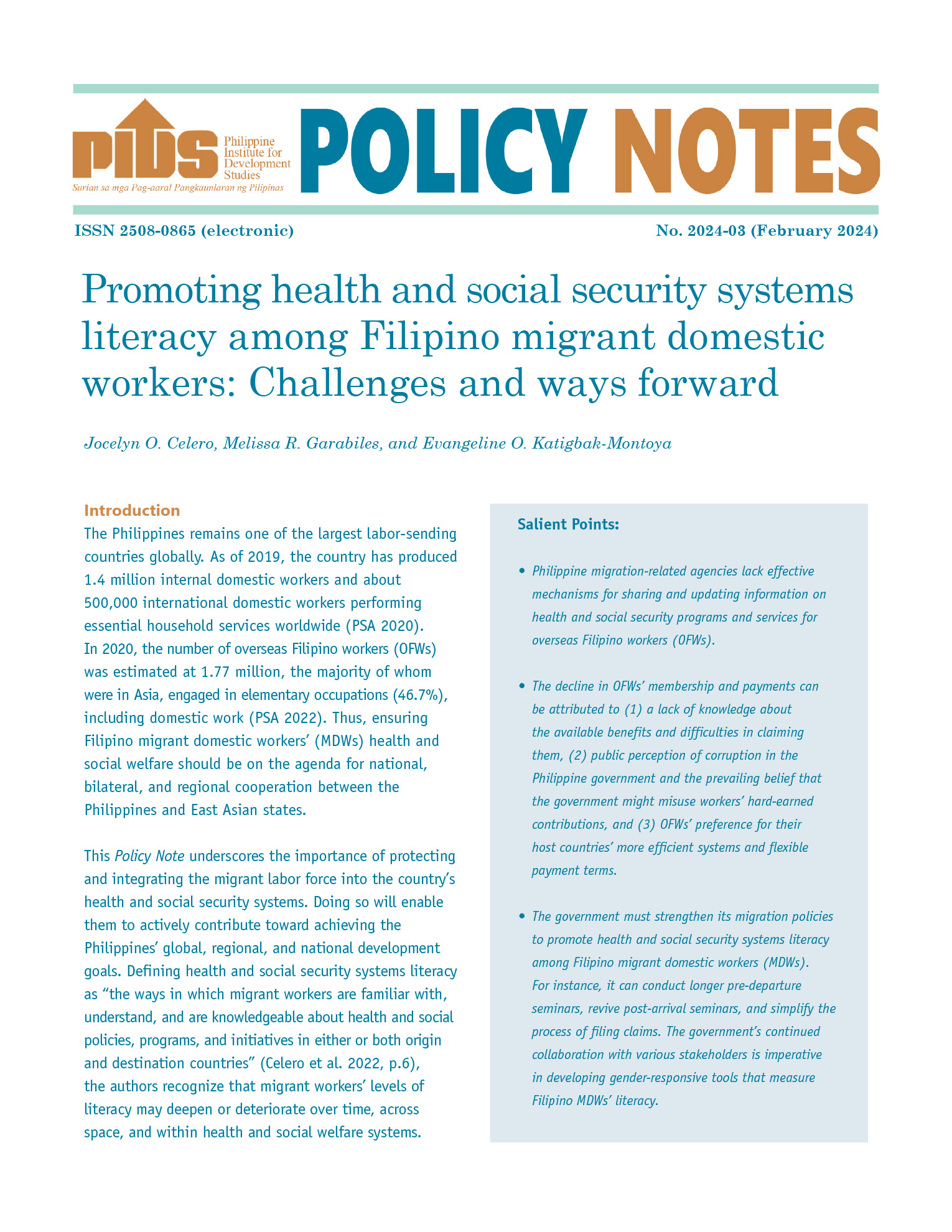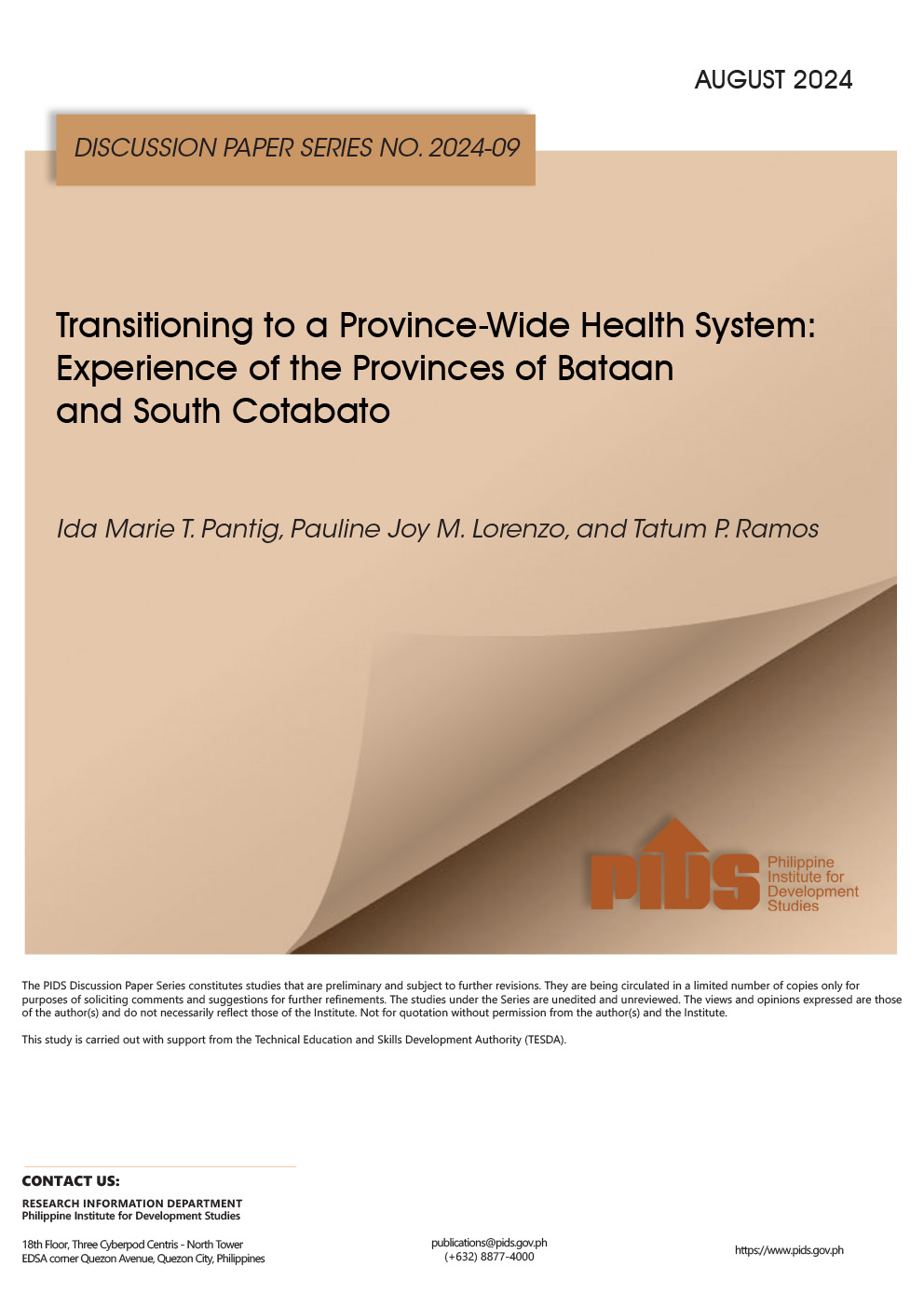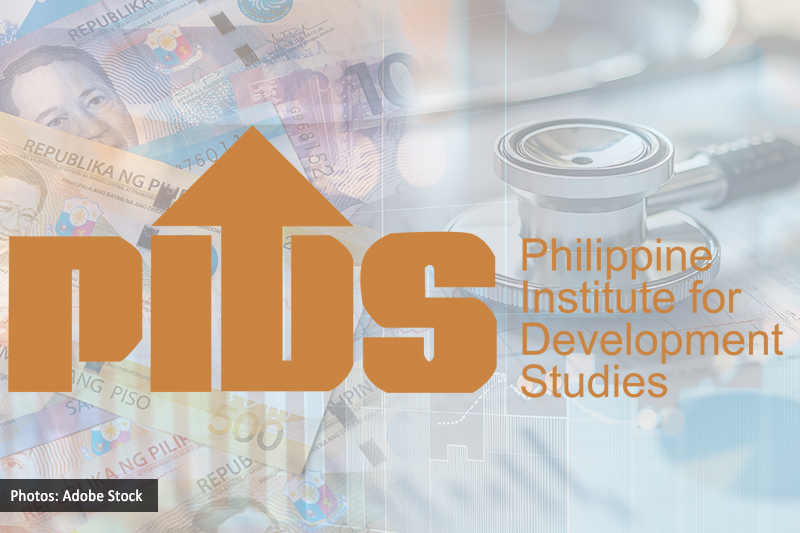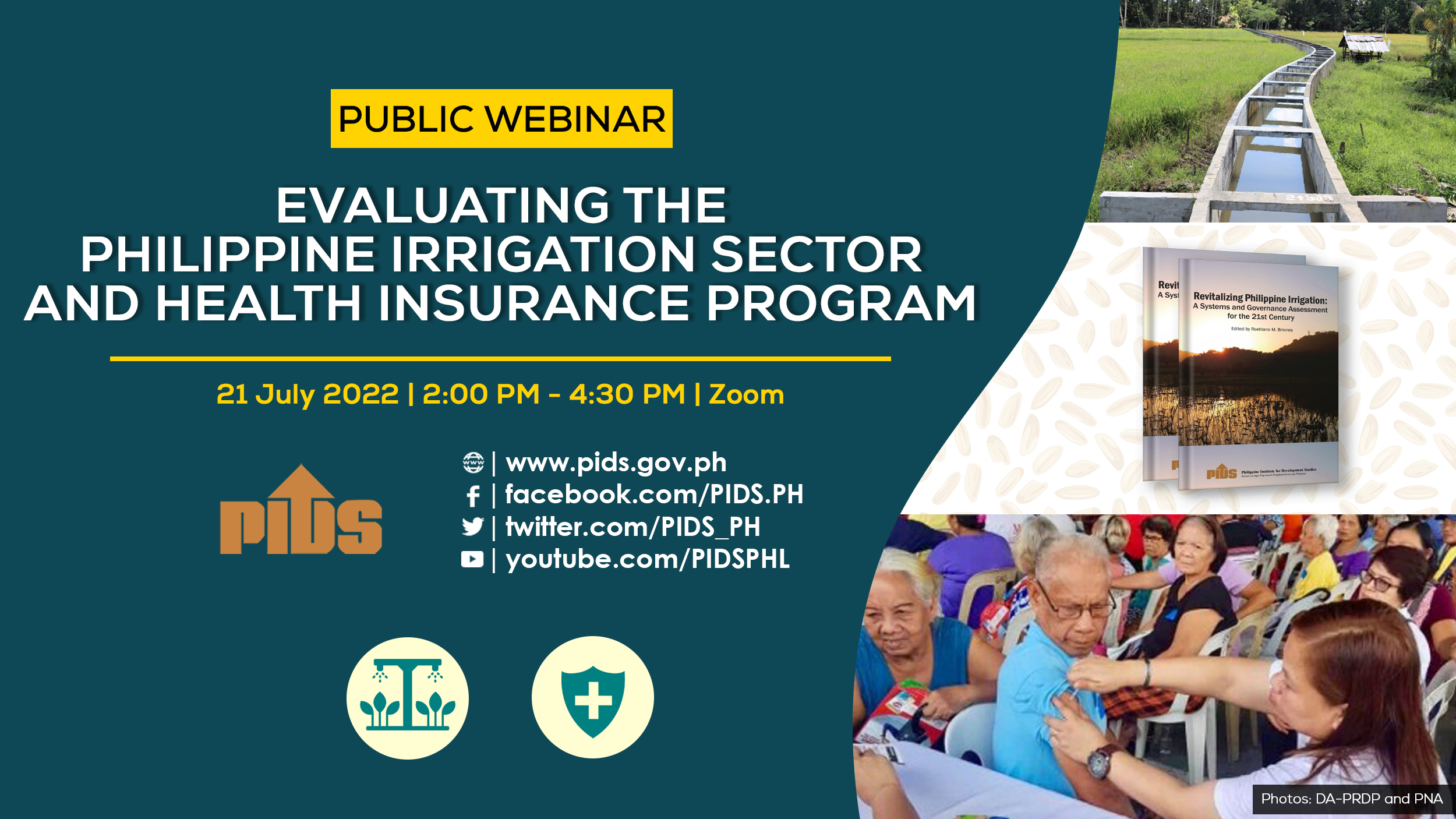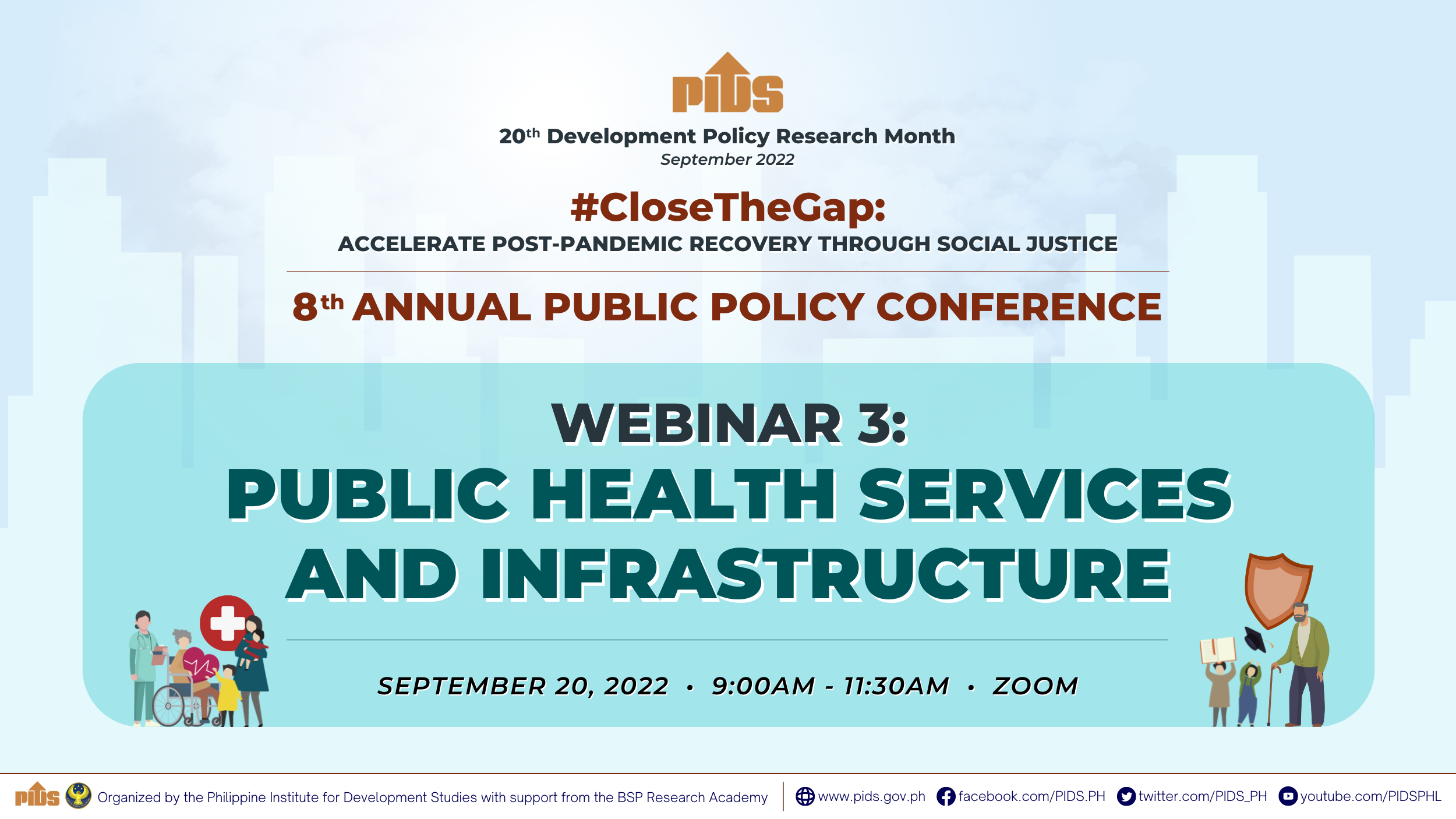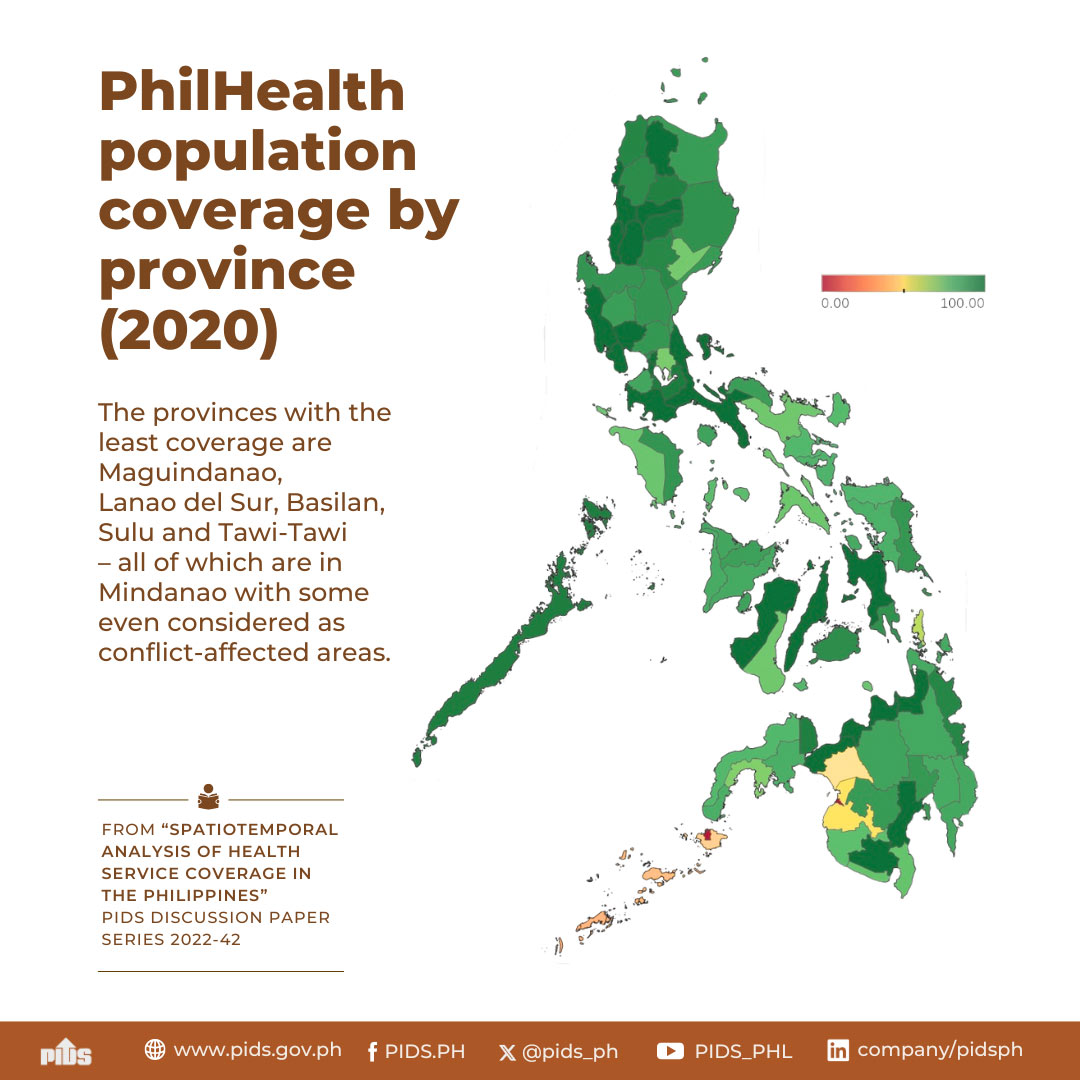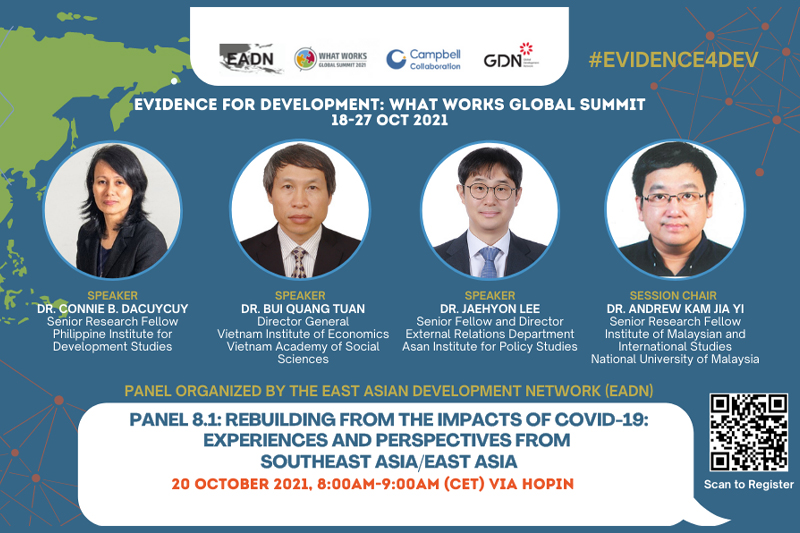
The Philippine Institute for Development Studies (PIDS), lead secretariat of the East Asian Development Network (EADN), organized a panel session with other East Asian think tanks to discuss how to rebuild from the COVID-19 pandemic.
Held in October, the virtual conference was attended by officials from the Institute of Malaysian and International Studies (IKMAS) of Universiti Kebangsaan Malaysia (UKM), Asan Institute for Policy Studies, and Institute of Economics of Vietnam Academy of Social Sciences (VASS).
The panel tackled the various socioeconomic impacts of the pandemic in the region and discussed best practices toward post-pandemic recovery and resilience.
PIDS Senior Research Fellow Connie Dacuycuy, a speaker at the virtual conference, highlighted the rise of the digital economy.
Dacuycuy mentioned that the technological disruptions brought by the pandemic have changed the way people live and work. Thus, she raised the need to create systems for skills and training, design a social protection system that covers all types of work arrangements, and collect data on platform workers.
Moreover, she urged the government to create resilient and competitive enterprises, sustain infrastructure support, and strengthen confidence in the online market space.
Meanwhile, Asan Institute Senior Fellow and External Relations Department Director Jaehyon Lee shared about the strategies implemented by Korea, such as massive COVID-19 testing and tracing, use of information and communications technology, and social distancing without lockdown.
Lee suggested that there should be regional standard protocols and procedures in East Asia or the Asia Pacific in dealing with the pandemic and other similar health crises in the future. These should include protocols on information transparency, quarantine, and lockdown and border closure.
For his part, Director-General Bui Quang Tuan of the Institute of Economics of VASS emphasized that the pandemic has long-term consequences, thus the need to rethink the risks and the domestic economy in the new context. He added that it is important to know the primary healthcare and preventive medical work, determine better directions for development, and recognize the value of spiritual strength, the role of the private sector, and public administration reforms.
IKMAS Senior Research Fellow Andrew Kam Jia Yi, who served as the discussion chair, emphasized the importance of digitalization and empowerment of micro, small and medium enterprises across the region to facilitate rebuilding from the impacts of the pandemic.
The virtual conference titled “Rebuilding from the Impacts of COVID-19: Experiences and Perspectives from Southeast Asia/East Asia, was held as part of the “Evidence for Development: What Works Global Summit” spearheaded by Campbell Collaboration and Global Development Network.
To know more about the panel discussion and the conference proper, visit https://hopin.com/events/evidence4dev or contact the EADN Secretariat through Ms. Jean Carlos at jcarlos@pids.gov.ph. ###
Held in October, the virtual conference was attended by officials from the Institute of Malaysian and International Studies (IKMAS) of Universiti Kebangsaan Malaysia (UKM), Asan Institute for Policy Studies, and Institute of Economics of Vietnam Academy of Social Sciences (VASS).
The panel tackled the various socioeconomic impacts of the pandemic in the region and discussed best practices toward post-pandemic recovery and resilience.
PIDS Senior Research Fellow Connie Dacuycuy, a speaker at the virtual conference, highlighted the rise of the digital economy.
Dacuycuy mentioned that the technological disruptions brought by the pandemic have changed the way people live and work. Thus, she raised the need to create systems for skills and training, design a social protection system that covers all types of work arrangements, and collect data on platform workers.
Moreover, she urged the government to create resilient and competitive enterprises, sustain infrastructure support, and strengthen confidence in the online market space.
Meanwhile, Asan Institute Senior Fellow and External Relations Department Director Jaehyon Lee shared about the strategies implemented by Korea, such as massive COVID-19 testing and tracing, use of information and communications technology, and social distancing without lockdown.
Lee suggested that there should be regional standard protocols and procedures in East Asia or the Asia Pacific in dealing with the pandemic and other similar health crises in the future. These should include protocols on information transparency, quarantine, and lockdown and border closure.
For his part, Director-General Bui Quang Tuan of the Institute of Economics of VASS emphasized that the pandemic has long-term consequences, thus the need to rethink the risks and the domestic economy in the new context. He added that it is important to know the primary healthcare and preventive medical work, determine better directions for development, and recognize the value of spiritual strength, the role of the private sector, and public administration reforms.
IKMAS Senior Research Fellow Andrew Kam Jia Yi, who served as the discussion chair, emphasized the importance of digitalization and empowerment of micro, small and medium enterprises across the region to facilitate rebuilding from the impacts of the pandemic.
The virtual conference titled “Rebuilding from the Impacts of COVID-19: Experiences and Perspectives from Southeast Asia/East Asia, was held as part of the “Evidence for Development: What Works Global Summit” spearheaded by Campbell Collaboration and Global Development Network.
To know more about the panel discussion and the conference proper, visit https://hopin.com/events/evidence4dev or contact the EADN Secretariat through Ms. Jean Carlos at jcarlos@pids.gov.ph. ###

